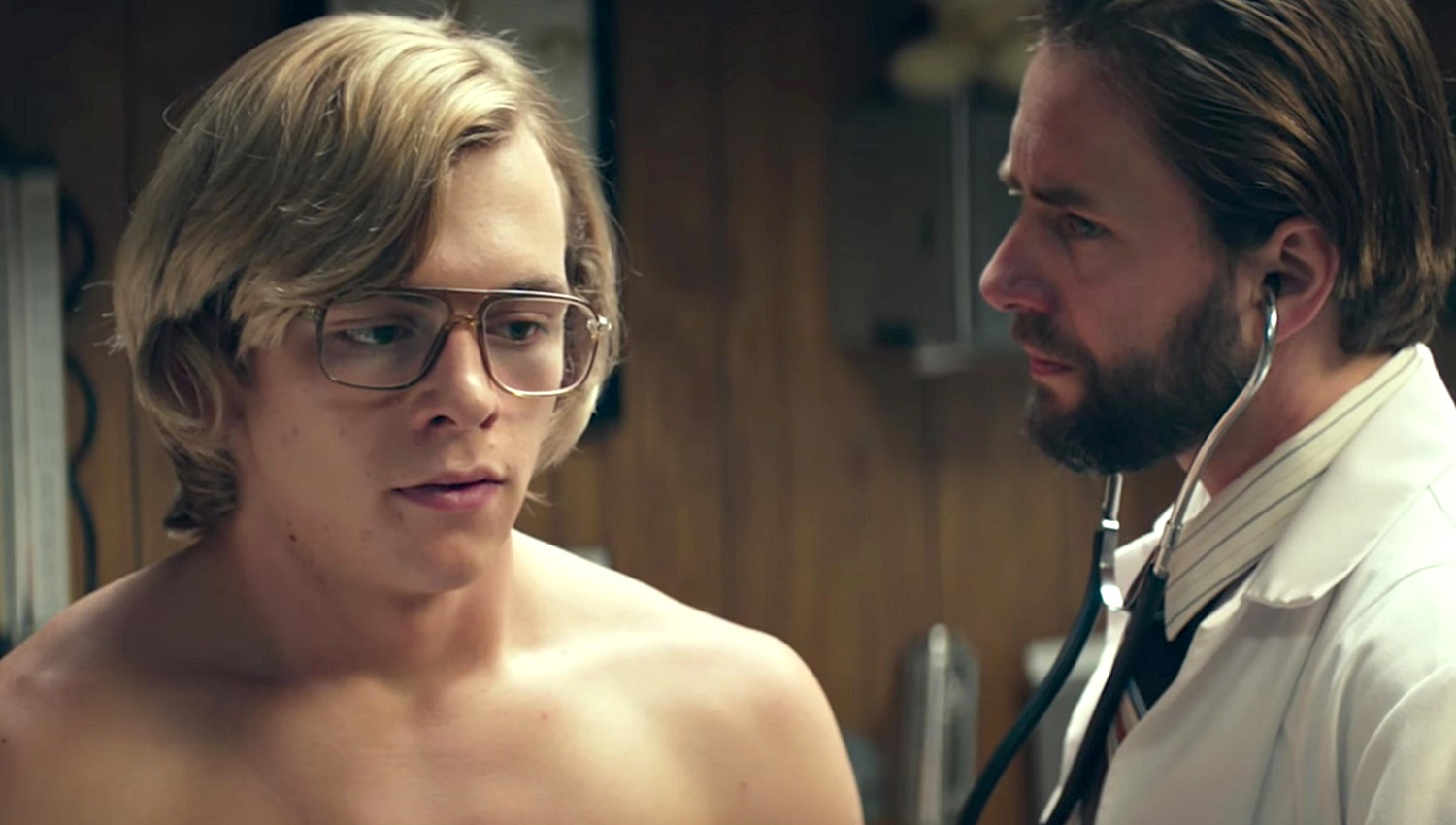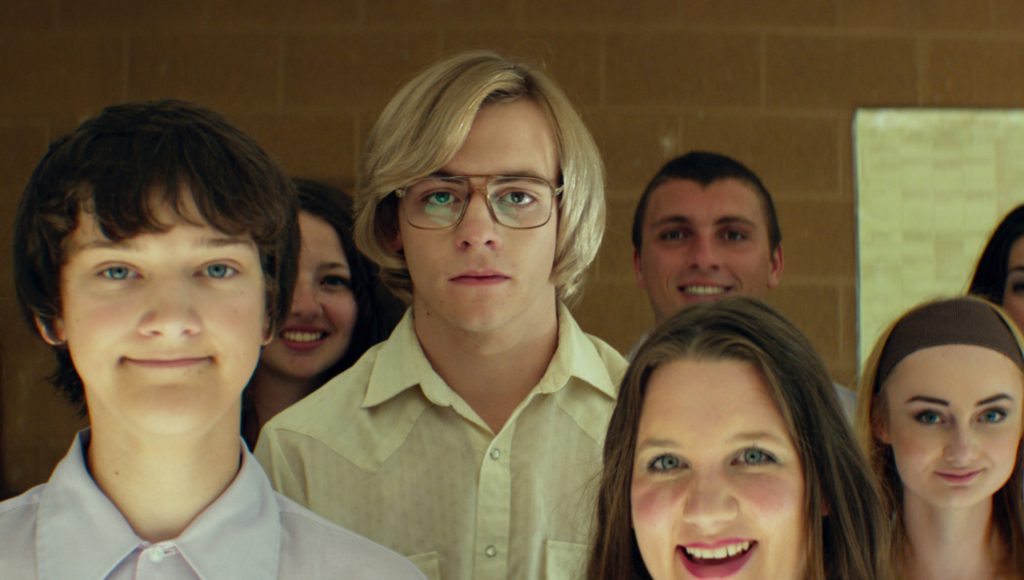
My Friend Dahmer
Dustin Chase
“My Friend Dahmer” won’t satisfy the horror appetite of those expecting a “Jeffrey Dahmer” movie. Marc Meyers’ (“Harvest,” “Approaching Union Square“) film lacks the nuance to capture the in-between moments of Dahmer’s transition from a neglected and disturbed teenager to one of America’s most discussed serial killers. The gem here is Disney’s Ross Lynch (“Austin & Ally“), shedding his bubblegum singing and dancing image to inhabit the mind of a monster. Working against him is his male model looks; it’s hard to imagine a guy who looks like Lynch not being the most popular guy in school with the muscles and long blond hair. Lynch’s performance has so much to do with posture, but that only gets us so far.
We meet Dahmer (Lynch), as his friends call him, as a junior in high school. He’s awkward, quiet, shy, and sits alone in the cafeteria. His mother, Joyce (Anne Heche), has just been released from a mental institution after chasing UFOs down the driveway. His father, Lionel (Dallas Roberts), a chemist, is unraveling and contemplating divorce. Dahmer goes from dissolving roadkill in acid behind his rural Ohio home to his senior year, where a group of misfits welcomes him into their group. He becomes known throughout the school for his spaz performances, and his buddies even create a Dahmer fan club, where they gain popularity by making fun of their demented friend. His popularity is short-lived, and when his parent’s fighting worsens, he turns to alcohol, dealing with puberty and misplaced sexual frustration.
Despite all its curiosities, the film becomes tedious.
“We eat our mistakes,” Joyce says when dinner becomes a catastrophe. There are moments like this throughout the film that encourage the viewer to stay tuned for the inevitable. There are no murders on screen or cannibalism. The film ends right where you expect, teasing the audience about what this boy eventually becomes. The entire movie relies on Lynch’s performance, and as a disturbed high school student dealing with stress in every area of his life, it’s fairly interesting, albeit generic. Meyers’s script, based on Derf Backderf’s book of the same name, visualizes Dahmer’s years of rejection as an explanation for what he becomes.
“My Friend Dahmer” seems a bit weary, diving into Dahmer’s sexuality. However, one of the more interesting psychological elements of the film is how the 17-year-old stalks the good-looking school doctor for over a year, leading up to a physical exam that changes Dahmer forever. “I wonder if your insides are the same color as mine,” he questions the only male student of color in his high school, an allusion to Dahmer’s eventual appetite for men of color. Despite all its curiosities, the film becomes tedious. The parents have the same arguments: Dahmer’s road kill fascination becomes a transition point, and his school friendships are stereotypical. How would someone like Dahmer pick out a suit for the prom, pick up his date, or even know what corsage to buy? Meyers avoids those details here and others, which is a shame.
Final Thought
Ambitious both in performance and subject matter, but ultimately unwilling to go where it needs to become something truly powerful.

